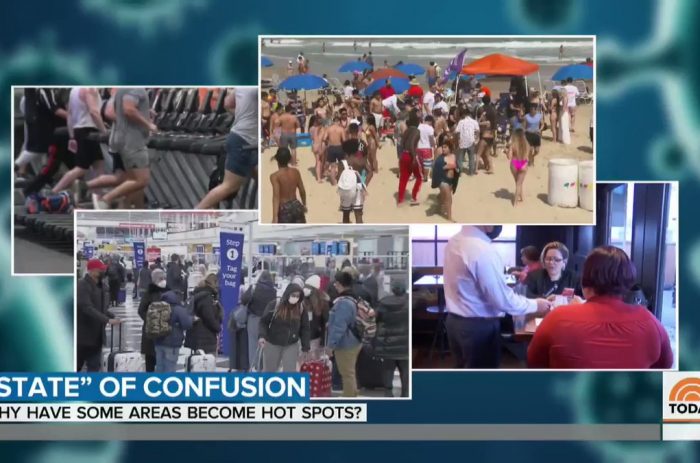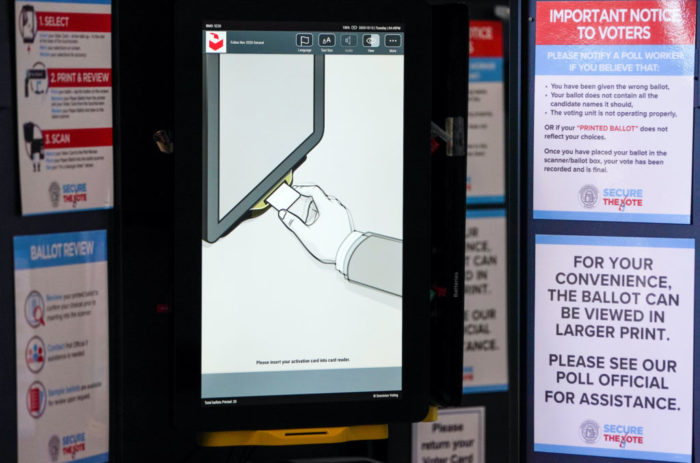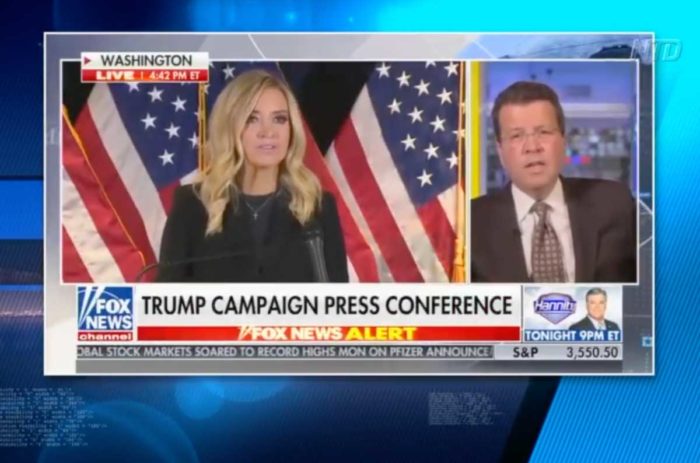redo Jump to...
print Print...
Directions
-Read the excerpt below (from the NewsBusters.org Feb. 17th post by Tom Blumer).
-Read "Types of Media Bias" in the right column. Then answer the questions.
The Wall Street Journal’s editorialists noted something last week … about … President Obama’s February press briefing:
About half-way through President Obama’s press conference Monday night, he had an unscripted question of his own. “All, Chuck Todd,” the President said, referring to NBC’s White House correspondent. “Where’s Chuck?” He had the same strange question about Fox News’s Major Garrett: “Where’s Major?”
The problem wasn’t the lighting in the East Room. The President was running down a list of reporters preselected to ask questions.
In other words, the preselection by the President’s team of who would be allowed to submit a question to [him] was obvious to anyone paying reasonably close attention, and his unfocused answers rambled on and on and on.
Now the American Spectator’s Prowler reports that the White House’s communications crew is trying to do something about that. Not the preselection, no-no-no. They’re trying to use high tech to hide that element of the briefings as much as possible, and further, to assist the … “greatest orator of his generation” in handling the questions he receives. … [The Prowler reports]:
SCREENING OBAMA
One wouldn’t know it from reading the Washington Post or New York Times, but some inside the White House don’t think that President Barack Obama hit a home run with his first national press conference last week.
“It looked scripted beyond the scripted part, the speech,” says one former communications adviser, who has been feeding notes and suggestions to the White House team and worked with them on the inauguration. …..
To that end, he says, the White House is looking to install a small video or computer screen into the podium used by the president for press conferences and events in the White House. “It would make it easier for the [communications] guys to pass along information without being obvious about it,” says the adviser.
The screen would indicate whom to call on, seat placement for journalists, pass along notes or points to hit, and so forth, says the adviser.
Wait a minute, I thought that George W. Bush was the dummy who couldn’t construct a sentence without outside help.
How can it be that such a “brilliant” guy needs “notes on points to hit” and other high-tech help, when the supposedly dim-witted Bush somehow survived without them?
What would the press be saying if Bush had employed these crutches? And what are the chances that the White House press corps will notice and report on this development at Obama’s next briefing?
Read the original post at NewsBusters.org.
To accurately identify different types of bias, you should be aware of the issues of the day, and the liberal and conservative perspectives on each issue.
Types of Media Bias:Questions
Throughout his presidency, the media criticized President Bush for not being articulate.
Throughout his campaign and currently, the media compliments President Obama for his “superior” oratory skills.
1. Why do you think that the media does not find newsworthy the fact that President Obama will possibly have a small computer screen installed into his podium at the White House, which will allow his aides to indicate whom to call on, seat placement for journalists, and to pass along notes or points to hit? (Would this information change your opinion of President Obama’s oratory skills?)
2. Mr. Blumer asks: “How can it be that such a ‘brilliant’ guy needs ‘notes on points to hit’ and other high-tech help, when the supposedly dim-witted Bush somehow survived without them? … And what are the chances that the White House press corps will notice and report on this development at Obama’s next briefing?”
What do you think? Is the press doing their job by reporting differently on a President they admire compared to a president they did not like?
Scroll down to the bottom of the page for the answers.
Answers
1. and 2. Opinion questions. Answers vary.



